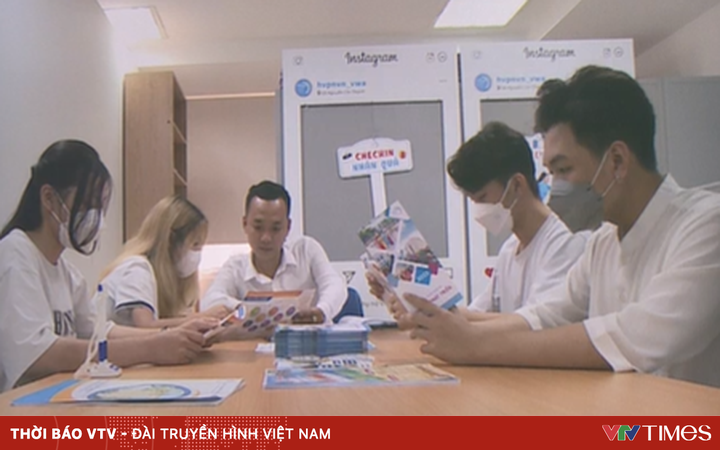Distinguishing the usage of English words
A quantifier is a word indicating quantity that precedes a noun and modifies the noun. A number of words that can be used with countable or uncountable nouns, or both.
1. Each/Each of
* Each: Used when things, events as discrete, separate elements
Example: Each person has their own idea (Everyone has their own opinion).
None of the students is the same. Each was different (No student is the same. Each of you is different).
* Each of + plural noun
Example: You should write each of sentences in your dictation carefully (You should write each sentence in your spelling carefully).
Each of cars in the showroom is from different branch (Each car in the showroom is from different manufacturers).
2. Every: Before a singular countable noun, use a group or a collection
Example: Every member in the group should bring food and drink for the picnic (All group members should bring food and drinks for the picnic).
Everyone is at the party except her boyfriend (Everyone was at the party except her boyfriend).
3. Some: Used for both uncountable nouns and plural countable nouns
Example: Some students were absent from class yesterday (Some students were absent yesterday).
Some information in the book is very useful for our baby (There is a little information in the book that will help our baby).
4. Any: anyone/what, used in interrogative sentences and questions for both countable and uncountable nouns
Example: Have you got any new ideas for the solution? (Do you have any new ideas for handling the problem?)
I want to make cakes but there isn’t any sugar left (I want to make a cake but I don’t have any sugar).
If you have any questions about our new products, please contact us (If you have any questions about new products, feel free to contact us).
5. Little/A little
* Little + uncountable noun: Very few, not enough (tendency to be negative)
Example: I have little time so that I can’t go to the cinema with you, only hold you and give you sweet kisses (I have very little time, so I can’t go to the movies with you other than to hold you in my arms and give you sweet kisses.).
* A little + uncountable noun: There is a little, enough for nothing
Example: I have a little money, enough to take care of your whole happy life as a queen (I only have a little money, enough to feed you for the rest of your life as a queen)
6. Few/A few
* Few + plural countable noun: Very few, not enough to do anything (negative)
Example: I have few color pencils, not enough for all the children drawing in their free time (I only have one crayon, not enough for the kids to draw in my spare time).
* A few + plural countable noun: Have a little, enough for what
Example: I have a few soft sweet words, enough for bringing you a happy day (I only have a few sweet words enough to make you a happy day).
7. Many and Much
* Many + plural noun or plural pronoun
Example: There are many trees in the park where you and me used to meet (There are many trees in the park where we used to date).
* Much + uncountable noun
Example: He has spent much money on repairing his car (He spent too much money on auto repair).
Dinh Thi Thai Ha
at Blogtuan.info – Source: vnexpress.net – Read the original article here



